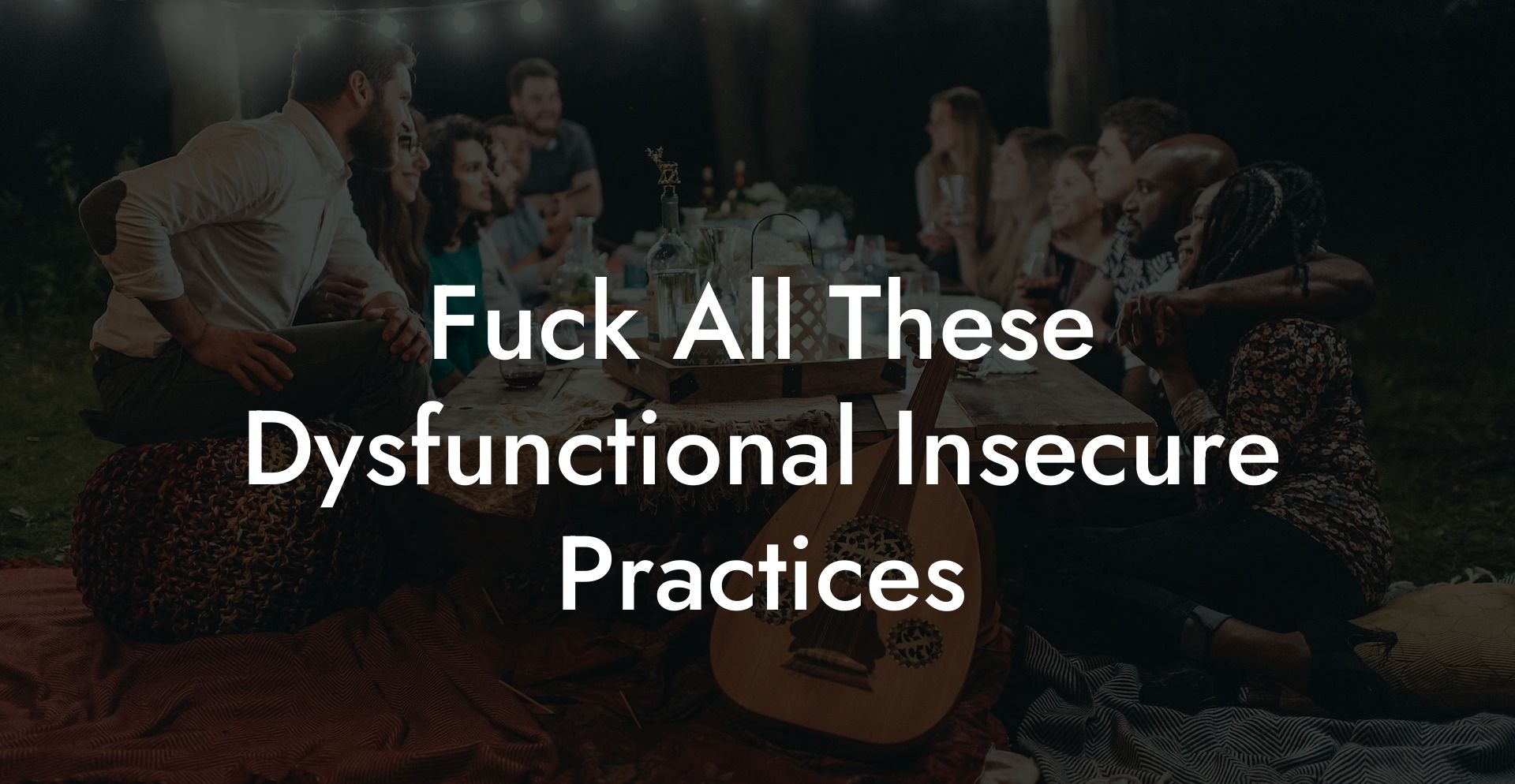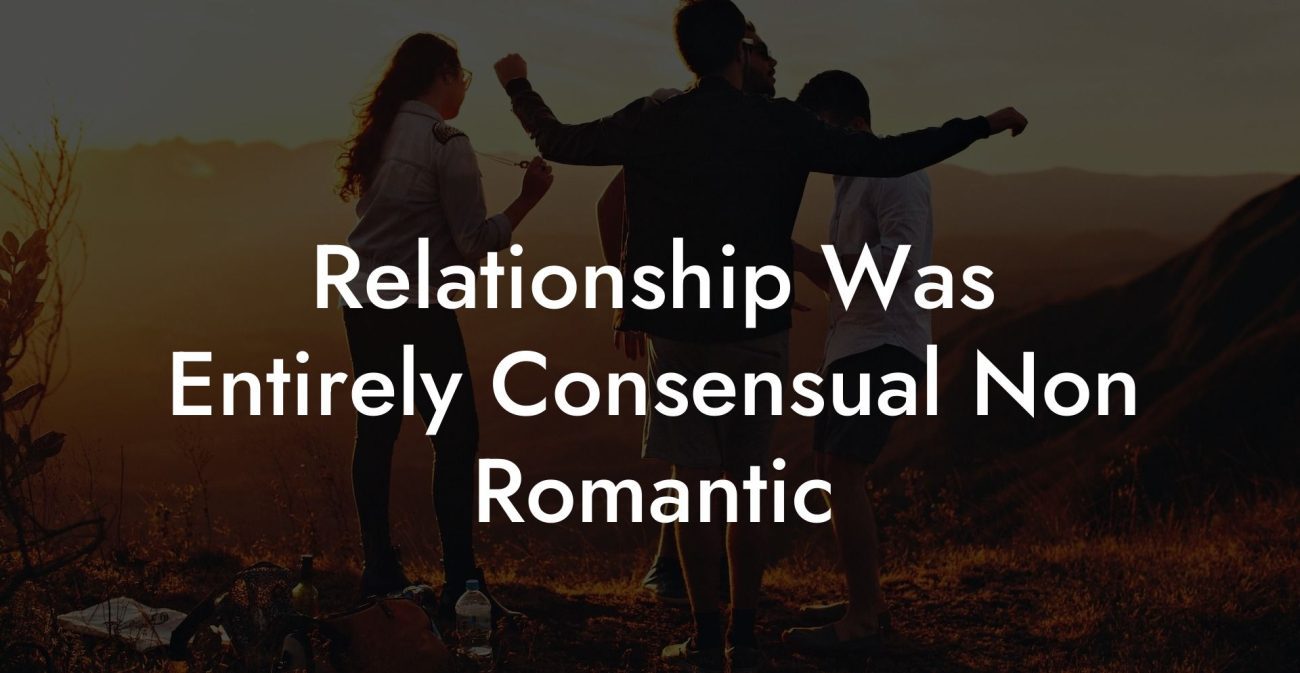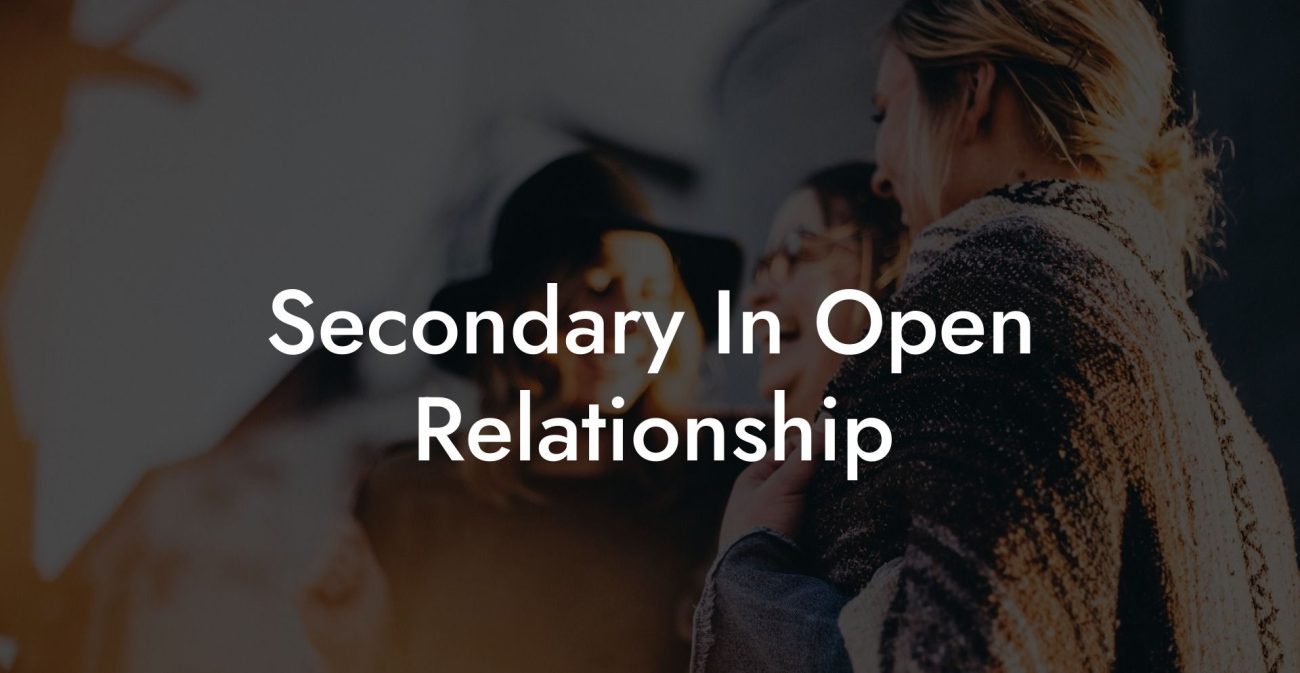Are you tired of constantly hearing about dysfunctional and insecure relationship practices? If you are, you're not alone. In today's society, many people are beginning to question the traditional norms of relationships and seek out healthier, more fulfilling alternatives. In this article, we will break down these dysfunctional practices and explore alternative approaches that can lead to more satisfying and sustainable connections. Let's dive into the world of modern monogamy, non-monogamy, and polyamory, shall we?
Fuck All These Dysfunctional Insecure Practices Table of Contents
The Pitfalls of Traditional Monogamy
The idea of being with one person for the rest of your life has been ingrained into our society for centuries. However, it doesn't come without its challenges. Some of the common issues faced in monogamous relationships include:
- Jealousy
- Lack of emotional support
- Unrealistic expectations
- Boredom
Alternatives to Monogamy: Non-Monogamy and Polyamory
For those seeking to break free from these potential pitfalls, non-monogamous and polyamorous relationships offer alternative forms of intimacy and commitment. Some benefits of these relationship structures include:
- Stronger communication skills
- Increased emotional support
- Acknowledging and addressing jealousy in a healthy way
- A more diverse network of connections
Non-Monogamy
Non-monogamy is an umbrella term used to describe various types of relationships that don't follow the traditional model of monogamy. Some examples include:
- Open relationships
- Swinging
- Monogamish relationships (where partners indulge in occasional extramarital activities with consent)
Polyamory
Polyamory, on the other hand, focuses on forming multiple committed, loving relationships with the consent and knowledge of all parties involved. Some key principles of polyamory include:
- Honesty
- Consent
- Communication
- Emotional accountability
Fuck All These Dysfunctional Insecure Practices Example:
Imagine a couple, Jane and John. They have been in a monogamous relationship for several years but find themselves feeling unfulfilled. They begin to research alternative relationship dynamics and ultimately decide to try polyamory.
Jane begins dating a new partner, Mark, while John starts dating Susan. They communicate openly about their new connections and work to address any feelings of jealousy or insecurity that may arise. In doing so, they find themselves experiencing increased emotional support and satisfaction in their relationships.
In this example, Jane and John have taken the initiative to explore their desires for a different kind of connection. Through communication and honesty, they have been able to create fulfilling relationships that work for them.
It's time to say "Enough!" to the outdated, dysfunctional practices that plague many people's relationships. By exploring alternatives like non-monogamy and polyamory, we can welcome new forms of love, commitment, and connection into our lives. Don't be afraid to challenge societal norms and explore what works best for you and your partner(s). Share this article with friends and explore other articles on The Monogamy Experiment to learn more about creating fulfilling, healthy relationships that suit your needs.













